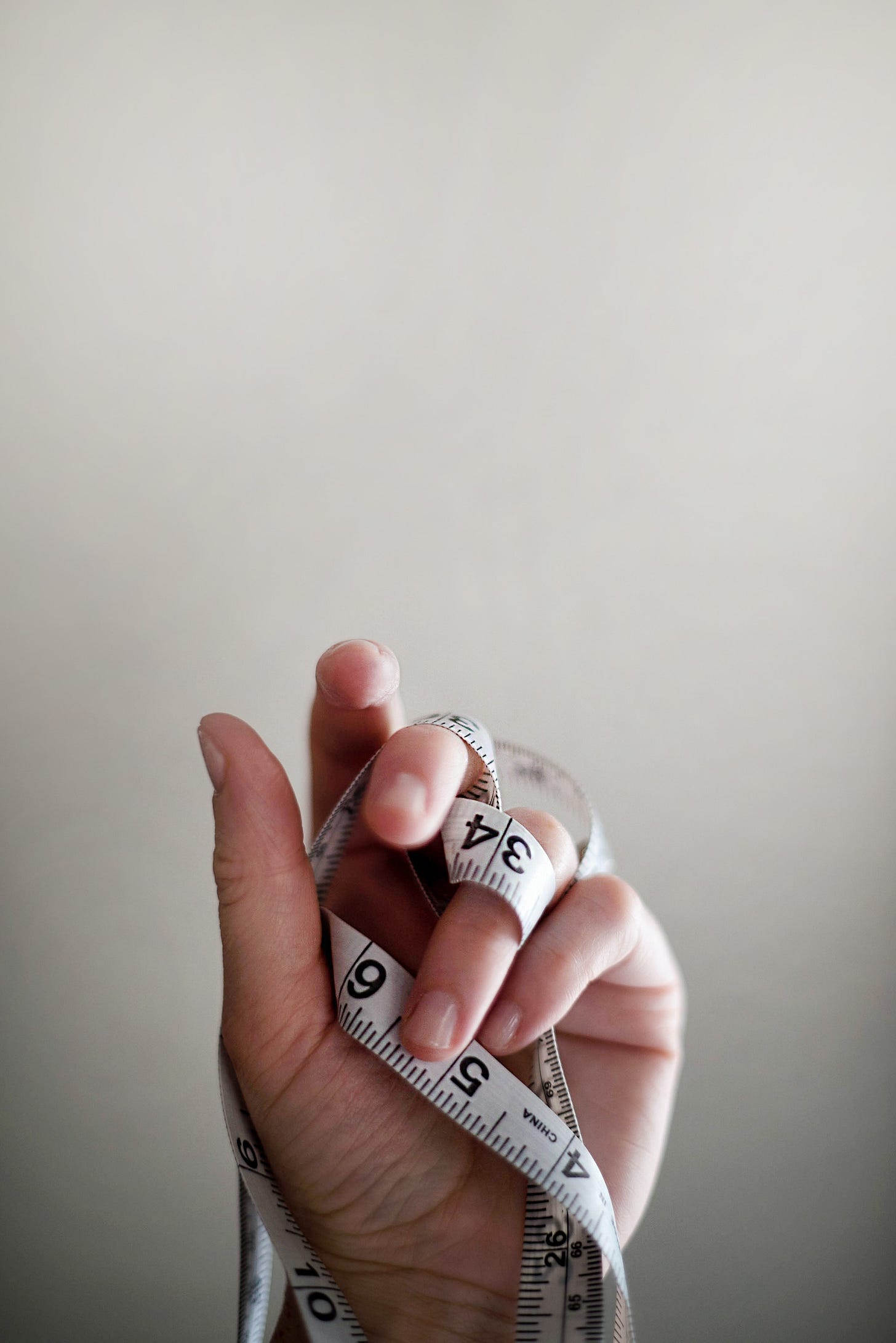Writing frequency and output turns out to be a big topic. So big, in fact, that the two issues following this one will elaborate on different aspects of it. But let’s pause to look over our shoulders and gaze back.
Hopefully, you’ve been dialing in on a few things. Perhaps you’ve chosen a genre (Writing Rhythm Issue #7 & Writing Rhythm Issue #8), used your idea file (Writing Rhythm Issue #4 and Writing Rhythm Issue #6) to come up with a workable story scenario, injected conflict (Writing Rhythm Issue #13) into that scenario and are setting the stage to write (Writing Rhythm Issue #17 and Writing Rhythm Issue #21). Now let’s talk about two methods by which you can measure your output.
And yeah, initially most of us really have to do this. Measure, that is. A huge part of getting a novel written is gauging your progress so that you keep moving forward. Or, to spell it out:
Here are two measuring methods which will work, ostensibly (meaning apparently, but perhaps not actually). Either will force you to sit in your chair and get something down. But there are pros and cons to each.
1. Writing by Word-count
Above, Scrivener’s “target” word-count function (discussed in Writing Rhythm Issue #20).
Word will count ’em up too, after the fact.
Bigger names than ours have counted their words as they write.
Ernest Hemingway averaged about 500 words a day, and kept track of this on a large wall chart. Sometimes he’d double that number if he wanted to take the following day off and go fishing.
Mark Twain could write up to 1,800 words a day, and kept track of his numbers in the margins of his manuscripts.
If you want to feel the camaraderie of fellow writers sprinting at the same time for a literary goal, consider joining NaNoWriMo, an event in which writers across the nation try to complete 50K words every November.
If you choose counting words as your measuring method, you might start out with Hemingway’s more modest goal (500 words is about 2 pages, since 250 words roughly equals 1 page). Twain’s 1,800 words per day is over 7 pages, which for most mere mortals is a bit of a slog.
Me? I’m not a fan of counting words. There are days I’ll write a high number, then feel dissatisfied looking back at the quality of the material. Then the opposite can happen and though I might write very little comparatively, I am quite happy with the result. Thus, I personally prefer:
2. Writing by Time Increments
In this measuring method, you would record not word counts, but dates and times of your writing sessions, using a journal or chart or right on the document or within the program. Many writers gauge their writing sessions by time.
Haruki Murakami works 5 to 6 hours in the early morning.
Charles Dickens worked from 8:30 a.m until 2 p.m. every day, only taking time for a brief lunch in the middle.
If you choose to go the time-goal route, be easy on yourself at first and start out with a modest and attainable increment, as in this X-post:
If you’ve a busy life, 30 minutes is often doable. Before self-pledging to any amount, look carefully at your schedule and decide for yourself when you can fit in that 30 minutes (or 1 hour, or 3). You can’t just tell yourself it’ll happen; it must be an intentional plan, and that means you need to ensure that you follow through. One method of charting progress is to record (or measure) the number of days per week you actually write.
Your ultimate goal is to get more of those monthly squares checked off than not—maybe even all of them (we’ll go more into this outrageous notion in the next issue, #23).
[As an aside, you certainly don’t have to actually check off calendar squares. It might not work or be necessary for you individually. Anyway, this practice is for guidance while you strengthen your self-discipline muscles, and once you’ve buffed them up enough that you’re staying on course anyway, you’ll no doubt dispense with physical record-keeping altogether.]
Take everything with the proverbial grain of salt and always keep in mind this advice from Writing Rhythm Issue #17:
In writing, the only rules you should apply are the ones that work for you.
For now, set a schedule, then challenge yourself:
Here are a few more posts aimed at keeping you motivated.
If you can only write for a short time, or can only get down a few words in any given session, work ahead to organize what you’ll try to accomplish:
And if you find you have no time to write at all, mentally organize:
We’ve touched on not being able to stick to our writing schedule because of busy lives, but what about the flip side of that? I’m leading up to the impossible, here. Next issue, we’ll get personal. Let me leave you this time by putting a difficult concept in your mind. It might seem completely unworkable, I get it. I don’t even want you to think too hard about it right now. It might be painful, or make you upset with me, or even cause you to unsubscribe and leave in a huff. So, I’ll whisper:
…what if you could write just a little every day?...
On to our word of the issue. Hopefully you’re absorbing some of these into your own vocabulary. Remember, the more words you have under your belt, the more accurately you can express yourself. Here’s a hint for this issue’s adverb: are you a real writer, or just a poser?
What is ostensibly?
Action Plan
I’d like to recommend the work of two fellow Substack writers: Franco Amati’s Garbage Notes presents his clever poetry, while C. Elyse’s A Sip, A Shoutout and a Sentence highlights some amazing authors and offers numerous links for writers. Each has free versions of their publications, delivered right to your email inbox. Give them a try!
Next up
As mentioned, we’re not finished with this issue’s concepts. Issue #24 will go into more detail on how you can hit output goals. But before that, the very next issue, #23, will discuss an aspect of frequency which may, to your mind, touch on the improbable. It certainly did to me, when first I heard it. Don’t fret, either way. A fortnight from now, I’ll explain with issue #23: Is Every Day Even Possible?
It’ll be, as I teased, a very personal issue. See you in two weeks!
Craig
























The word count method makes me anxious, and because I write daily, I think my method is tracking the amount of time spent writing each day, and that varies. Agree re: Garbage Notes and Franco’s commentaries are often better than his poems, and a huge THANK YOU, you’re the best!
I am really bad at this and write in bouts. Then I sometimes go back to my half eaten projects and mix this and that to make a credible cohesive post. But I really liked how at the very beginning you outlined the necessary ingredients. Thanks for these great tips.